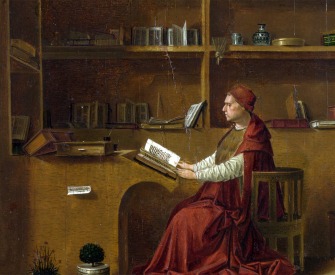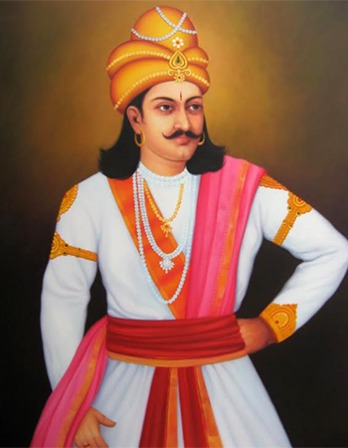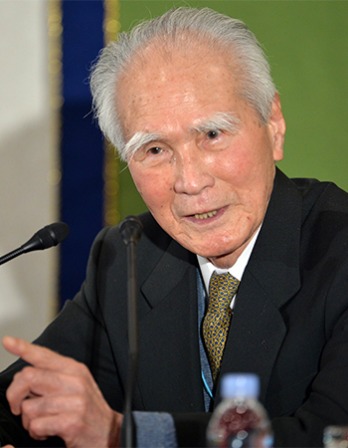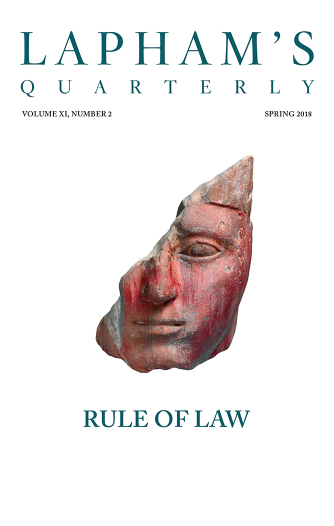Demosthenes became preeminent in the struggle for the prizes of public life among all his countrymen whose arena was the public platform. Yet the first time he faced the Assembly, he was hooted and ridiculed on account of his unusual style of oratory. His speech seemed to be a mere jumble of periods, distorted by arguments excessive both in number and bitterness. He was also, as it seems, afflicted by a certain weakness of voice, by a stammering enunciation, and by a shortness of breath, which confounded the meaning of his words by breaking up the cohesion of the periods. At last he gave up in despair, abandoned the Assembly, and took to roaming about the Piraeus. Here Eunomus, the Thriasian, a very old man by this time, saw him and fell to upbraiding him. Though he possessed, Eunomus told him, a power of speech which resembled very closely that of Pericles, he threw his gifts away through mere cowardice and want of spirit, not attempting either to stand up manfully to the crowds or to practice his physical powers to endure the strain of the struggle, but allowing his talent to be wasted by effeminate weakness.
Upon another occasion, they say, when he had been driven from the Assembly and was departing homeward with head veiled and in deep dudgeon, Satyrus, the actor, his familiar friend, followed him and accompanied him into his house. Demosthenes bewailed to him the fact that though of all the orators he, Demosthenes, was the most unsparing in the labor of preparation, that though he had almost exhausted his physical powers to this end, yet he found no favor with the people—but drink-sodden and ignorant sailors obtained a hearing and held the platform, while he was flouted. “You speak truly, Demosthenes,” said Satyrus, “but I shall soon remedy the mischief, if you will please recite to me some passage from Euripides or Sophocles.” Demosthenes did so. Satyrus then took the same passage, and rendered and delivered it with such a proper regard for character and circumstances that the piece seemed to Demosthenes to be altogether different. Henceforth the young orator, convinced how much elegance and grace is added to a speech by proper declamation, regarded the labor of preparation as trivial and of no account, if one neglected the pronunciation and due expression of the words. He built, accordingly, for the purpose of practicing, a subterranean chamber, which has been preserved even to our day. Thither he descended every single day to form his style of declamation and to exercise assiduously his vocal powers, and frequently he would pass there two or three months consecutively with one half of his head shaved so that he should be prevented by shame from yielding to any desire to go abroad.
And, more than that, he converted all his interviews with strangers, all his conversations, all his business transactions into subject matter for his unflagging industry. For as soon as he was quit of them, he used to lose no time in getting down to his subterranean study, where he would recite the whole occurrence in due order, and review the arguments for and against. Speeches which he happened to have heard delivered he used to recall, and would reproduce the thoughts they contained and the periods with which they were adorned: he would also insert corrections of all kinds, and modifications, in speeches which had been directed against himself by some other orator, or by himself against another. On this account he got the reputation of being a man who had no natural genius, but whose subtlety and force were the result of toil. It was considered a strong proof of this, that one scarcely ever heard Demosthenes speaking upon the spur of the moment. Frequently he would sit still in the Assembly while the people called for him by name and refuse to come forward, unless he happened to have thought the matter out and to have been prepared to speak. Many of the demagogues used to ridicule him on this account, and Pytheas once said, sarcastically, that his arguments “smelled of lamps.” Demosthenes made him a bitter retort: “My lamp, Pytheas,” said he, “does not share the same secrets as yours.” Before other people, however, he did not absolutely deny the truth of Pytheas’ insinuation, but confessed to writing parts of his speeches. Careful preparation for speech making, he used to maintain, showed the man of true democratic principles. Such care, he argued, was an act of homage to the people: while disregard for the opinion of the multitude upon one’s speech was the attitude of an oligarch, who relied more on violence than persuasion.
The following is the account given by Demetrius of Phalerum of the methods employed by Demosthenes to overcome his physical defects. He says that Demosthenes himself, when he was an old man, told him that he overcame and rectified the indistinctness and hesitancy of his pronunciation by holding pebbles in his mouth while he recited speeches; that he exercised the power of his voice by taking long runs and by walking uphill, declaiming and delivering speeches or stanzas of poetry, while his breath still came thick and fast from the effort; and that he had at home an immense mirror, before which he stood and went through his exercises. A story is told how one day someone came to Demosthenes, asking him to plead his cause, and explaining how somebody had thrashed him. “Yes!” remarked the orator, “but you have never experienced the treatment you allege.” The other raised his voice and yelled, “What! Demosthenes! I have never experienced—” “Ah! Now,” said he, “ I hear the tone of injustice and suffering.” So great an opinion had he of the influence of a speaker’s tone of voice and gesture in winning belief!
From Parallel Lives. Demosthenes in 351 bc delivered his first speech to the Athenian people against Philip of Macedon; it is referred to now as the “First Philipic.” David Hume deemed the orator’s speech “On the Crown” to be “the most perfect production of human intellect.” Plutarch’s book of paired biographies of eminent Greeks and Romans was translated into English by Thomas North in 1579, becoming a source for several of William Shakespeare’s plays.
Back to Issue




